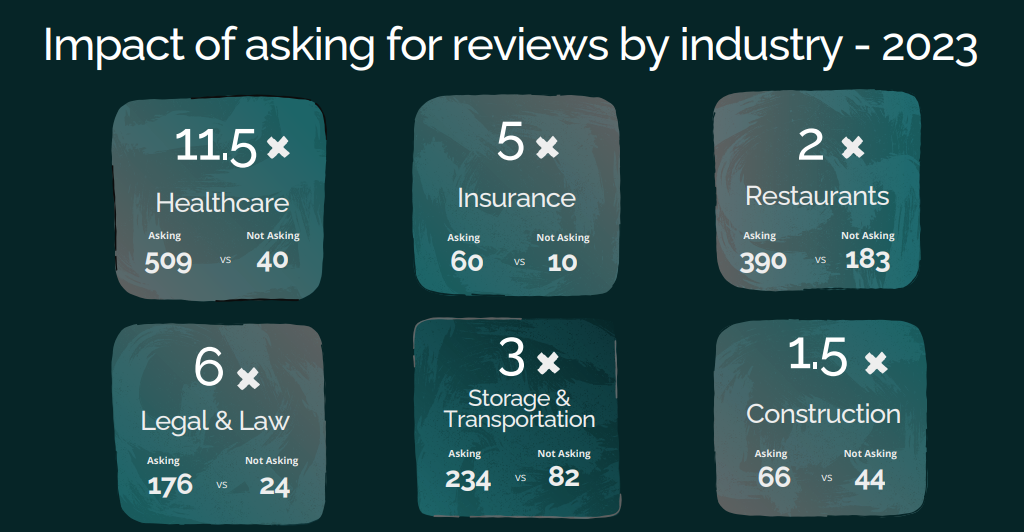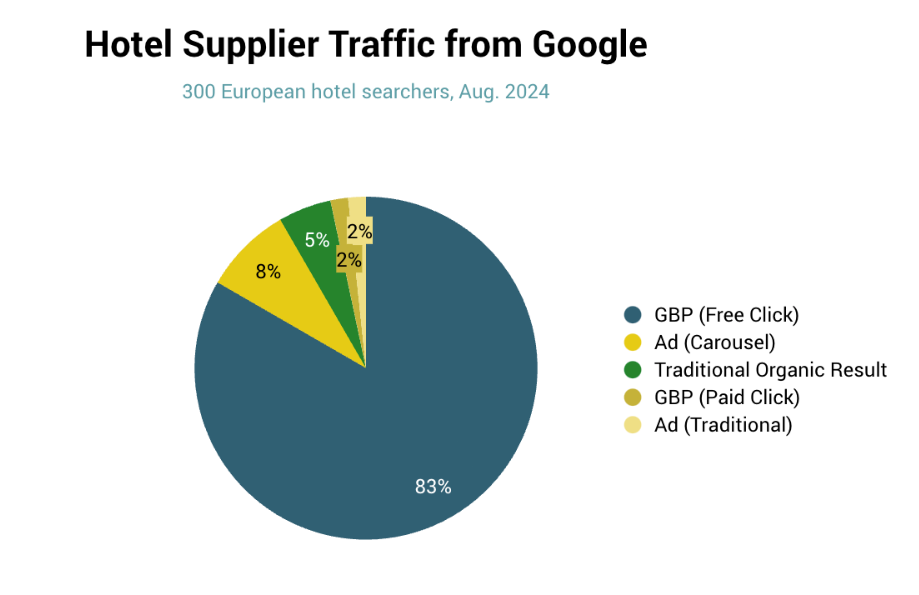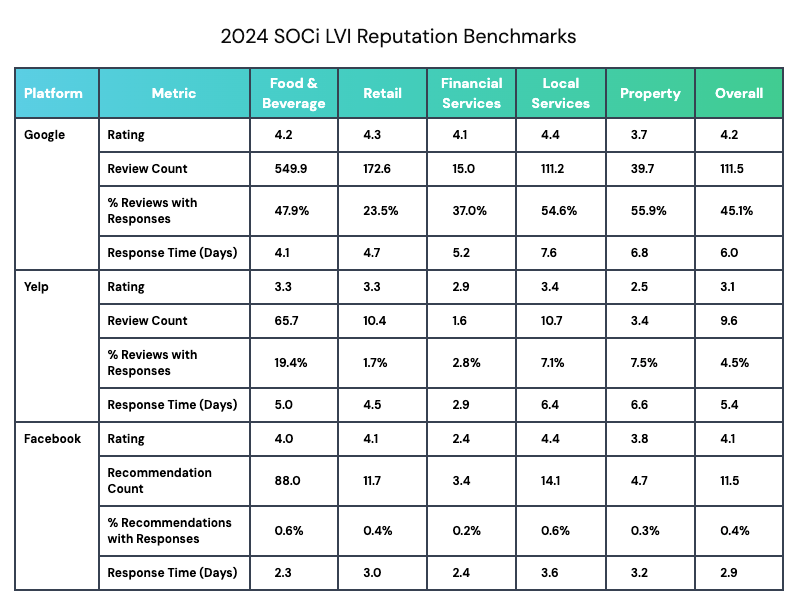Reviews Done Right, Potential $30B Fine, GBPs 96% Claimed

Local Review Solicitation Best Practices
Reputation management platform GatherUp is out with a useful report about review solicitation best practices. (Mike was one of the co-founders but is no longer involved.) It's based an analysis of 23,000 business locations in 2023. The report offers a kind of template for local marketers. There are some meaningful differences by vertical, which the report unpacks. Here are the main findings condensed: asking for reviews will boost your volume, star ratings and improve NPS scores; combining SMS and email outreach generates more reviews than either alone. However, if you use only one channel make it SMS: "Across industries, businesses that only use SMS to request reviews get 20 reviews for every 100 requests they send, as compared to 15 reviews using email only." The report also discusses differences between first and third party reviews and strongly advocates responding to reviews – not for search rankings but for customers who filter by negative reviews. There are no major surprises here (maybe some small ones in the vertical findings) but it's a useful reminder of the importance of proactive reputation management.

Our take:
- GatherUp says, "Ask for reviews when the experience is still fresh for your customers," but doesn't really elaborate except to suggest timing will vary.
- Separate research argues timing really matters. It concludes: don't ask customers for reviews immediately in most cases.
- Business owners/local marketers will need to investigate and experiment to determine the optimal timing. Perhaps this can be the next GatherUp study.
Google Risks $30B Fine in EU
One of the Google verticals the European Commission is looking closely at is travel (Google Flights, Hotels). As you remember, Google introduced some new SERP features to comply with Europe's Digital Markets Act. These include "Places Sites," Aggregator (directory) carousels and refinement chips (filter buttons). The Commission has been investigating whether these new elements bring Google into compliance with the DMA, which requires "gatekeepers" to not favor their own features, results and content over rivals and other third parties. Bloomberg is reporting that the Commission is preparing "a formal chargesheet," indicating an adverse finding that Google is non-compliant. According to the article, Google is trying to head off that action by "introducing a new design into Google’s search tabs, that would give users the option of navigating to alternative search platforms or direct suppliers such as hotel websites and airlines." The potential penalty for non-compliance is 10% of global revenue, which in 2023 was in excess of $300 billion for Google. That could represent $30 billion in fines. Google has cumulatively paid more than €8 billion in antitrust-related fines in the EU to date.

Our take:
- Near Media research in Europe (Restaurants and Hotels) has found that these new SERP features have almost no impact on clicks and user conversions.
- We're presenting a third EU vertical study (Home Services) at next month's SIINDA conference in Croatia.
- Google is trying to keep local away from EU regulators, but it may not ultimately succeed and could result in significant local SERP changes.
Report: 96% of GBPs Claimed by MLBs
Local marketing platform SOCi argues in its latest Local Visibility Index report that franchises and multi-location brands are leaving potentially lots of money on the table by not fully optimizing their profiles across local marketing platforms – primarily Google, Facebook and Yelp. The company says, "The total size of the opportunity in localized marketing for multi-location brands is $54.1B every year." For this latest report, its sixth, SOCi mined and benchmarked the online profiles of almost 2,800 multi-location brands (representing 350K individual locations) in five verticals: Retail, Food & Beverage, Financial Services, Local Services, and Property. The company captured metrics like percent of business profiles claimed, profile completeness, Local Pack appearances, social follower counts and engagement, star ratings, review counts, review responses and response times. Some of the data collection was done by SOCi partner Places Scout. The report ranks the 100 "most visible local brands" as a function of all these findings. While not a formula for local marketing success, it's a directional proxy. There are numerous best practices explicitly and impliedly discussed in the report as well.

Our take:
- The report found a surprisingly high claimed-profile average (96%) on Google for the 2,800 brands – well above the national average.
- The report is useful for multi-location brands in comparing themselves to competitors. The report also discusses AI and social media beyond Facebook.
- Near Media's own research has found that businesses need to be within striking distance of competitors (e.g., star ratings and review volumes) to be considered.
Recent Analysis
- Near Memo episode 175: Google tests review badge of shame in UK; Google’s antitrust travails; SMB marketing disconnects.
- Hotels Part II: Search Marketing Implications for European Hotel Suppliers, by David Mihm.
Short Takes
- BrightEdge: clients getting more traffic from SearchGPT than Perplexity.
- Making minor changes in GBP information seems to trigger re-verification.
- How to set up a "watchdog" to protect your Google Business Profile.
- Common Google Business Profile questions answered.
- Google updating Street View round the world, adding new locations.
- Review removals on Google appear to surge; also suspensions.
- TikTok adds keyword targeting to Search Ads.
- Beware shady "guaranteed" GBP review removal services.
- Google's various AI systems in search (briefly) explained.
- Google Site Reputation Abuse policy being unevenly enforced.
- Is search ranking volatility the new normal? Potentially yes.
- Google testing "preferred source" label on organic links.
- Is AI being hyped to drive growth in a stagnating SaaS industry?
Listen to our latest podcast.

How can we make this better? Email us with suggestions and recommendations.

